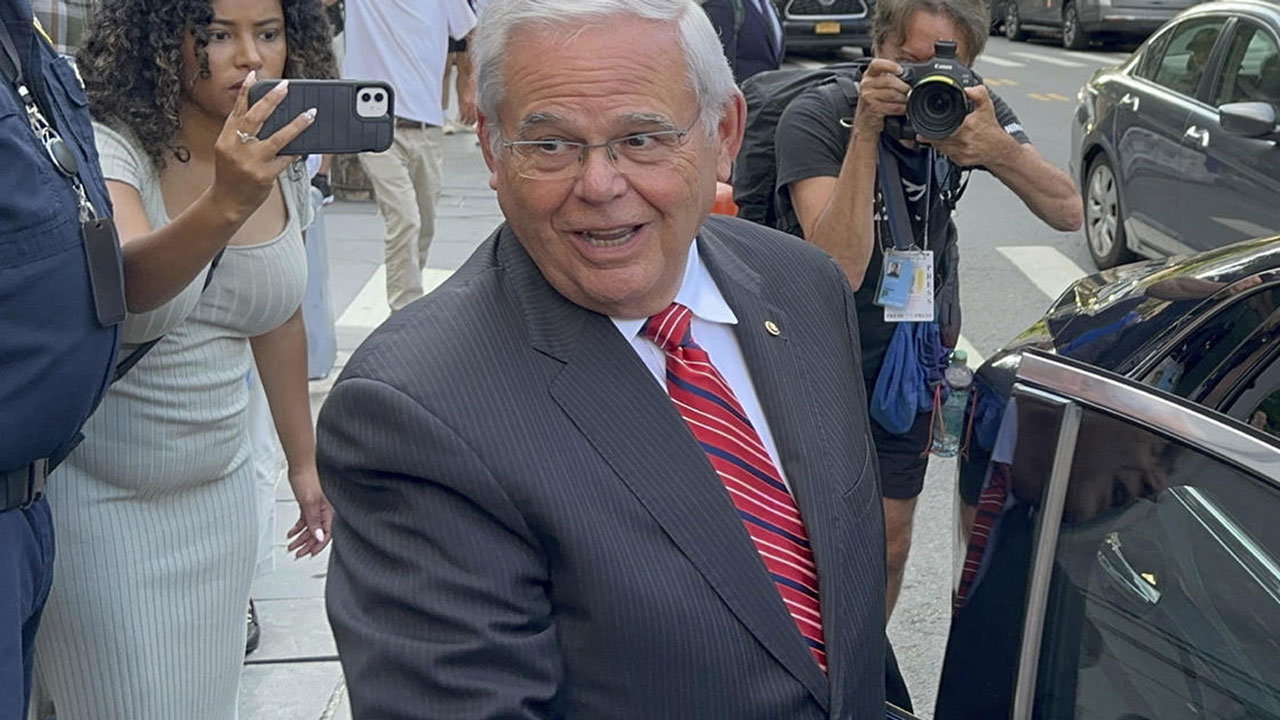Supreme Court rules for South Carolina in bid to block Medicaid funds from Planned Parenthood
The Supreme Court on Thursday rejected Planned Parenthood's challenge to South Carolina's attempt to bar the organization from participating in its Medicaid program, clearing the way for the state to strip the organization of Medicaid funds.Thursday, June 26th 2025, 9:24 am
WASHINGTON -
The Supreme Court on Thursday rejected Planned Parenthood's challenge to South Carolina's attempt to bar the organization from participating in its Medicaid program, clearing the way for the state to strip the organization of Medicaid funds.
The Supreme Court ruled 6-3 in the case of Medina v. Planned Parenthood South Atlantic to find that Planned Parenthood and a patient cannot sue the state of South Carolina to enforce a provision of the law. Justice Neil Gorsuch delivered the opinion for the court. The three liberal justices, Sonia Sotomayor, Elena Kagan and Ketanji Brown Jackson, were in dissent.
The court's conservative majority reversed a decision from the U.S. Court of Appeals for the 4th Circuit that allowed Planned Parenthood's lawsuit against state officials to move forward.
Medina v. Planned Parenthood South Atlantic
The question before the court was a narrow one, involving whether a Medicaid beneficiary could sue to enforce their ability to seek care from the qualified and willing provider of their choosing, known as the any-qualified-provider requirement.
The legal wrangling over South Carolina's attempt to stop public dollars from going to a Planned Parenthood affiliate in the state began in 2018, four years before the Supreme Court overturned Roe. v. Wade.
In South Carolina, abortion is banned after six weeks gestation, and Planned Parenthood provides abortion services outside of Medicaid only as allowed under state law. Additionally, federal law bars Medicaid from paying for abortions except in cases of rape or incest, or to save the life of the mother.
But seven years ago, South Carolina's Republican governor, Henry McMaster, issued an executive order that directed the state's health department to deem abortion providers unqualified to provide family-planning services under Medicaid and terminate their enrollment agreements.
In response, the South Carolina Department of Health and Human Services notified Planned Parenthood South Atlantic that its provider agreements were being cancelled because it was no longer qualified to provide medical services to Medicaid beneficiaries. The affiliate has clinics in Charleston and Columbia, and offers prenatal and postpartum services, along with physical exams and screenings for cancer and other health conditions.
In the wake of the state's decision to boot Planned Parenthood from its Medicaid program, Julie Edwards, a patient who received medical services from the organization, and Planned Parenthood filed a lawsuit under federal civil rights law to challenge the move.
Edwards argued that South Carolina's termination of Planned Parenthood's agreement violated her right to choose her provider under the Medicaid Act.
A federal district judge ruled in favor of Planned Parenthood, finding that South Carolina likely violated the any-qualified-provider provision when it excluded Planned Parenthood from its Medicaid program. The U.S. Court of Appeals for the 4th Circuit ultimately allowed the suit to proceed and prevented South Carolina from keeping Planned Parenthood out of its Medicaid program.
The dispute before the Supreme Court did not involve abortion, but it came to the high court amid a push by several Republican-led states to block Planned Parenthood from receiving Medicaid funds.
More Like This
June 26th, 2025
April 9th, 2025
July 16th, 2024
September 21st, 2023
Top Headlines
June 26th, 2025









